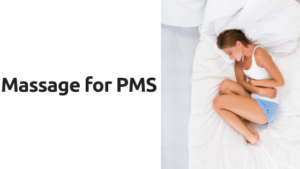
Let’s face it, some of the most dreaded letters for women might just be PMS. It’s uncomfortable, painful, and brings on a rollercoaster of emotions. For some women, PMS symptoms are far worse than for others. One thing I think we can all agree on is if we could take a magic pill to make it all go away, we would in a heartbeat. While there may not be a magical pill that can get rid of all the symptoms of PMS, there may be another solution you may not have considered. Massage therapy has been proven to relieve the symptoms of PMS. Here’s how…
While the number one correlation you may see to massage therapy and PMS relief would be the relaxation and mood boost you would normally get from a professional massage, there are many more benefits. Massage can help to ease cramps and headaches as well as that painful lower back and overall achiness that many women experience. Personally, I get a terrible headache the day before I start and all I want is a head massage! Massage also helps improve lymph flow, effectively decreasing bloating and water retention, and adding in aromatherapy may increase the mood stabilizing benefits of your massage even more. Why not try something new, like cupping? If you’re anything like me you’ll try anything to find relief! what have you got to loose?
During your period, the last thing you may want is to be touched. Just know it’s perfectly normal to get a massage on your period. The only extra thing to consider is, due to the increase in lymph flow as well as simply laying down for a long period of time, the flow of your cycle may increase during your massage. It’s no biggie! Just plan on wearing something more absorbent than you normally would.
If you have a difficult time with low back pain as well as all over achiness, you may want to seek the use of heated tools like hot towels and warm bamboo during your massage. While these are always a part of the massage I give you, feel free to ask for extra (just let me know a bit before your appointment so I can be prepared!). The heat loosens up your muscles, relaxing your body and releasing the tension, opening your body up for the best massage. It also just adds even more of a comforting, relaxing experience to your massage; something you can definitely use a bit more of.
If you track your cycle, you may want to plan on having your massage at a certain time each month. As I mentioned, my main issue is headache and I like to try and plan for a massage the day before I start to get that extra relief from the brain fog and pain that I know will be happening on that day! Whether you have periods that cause you to stay in bed, or periods that are more easily manageable, getting a massage to help ease those pesky PMS symptoms may be a great solution. Besides, who wouldn’t want to feel better emotionally and physically while being pampered for an hour, especially during that not-so-fun time of the month?
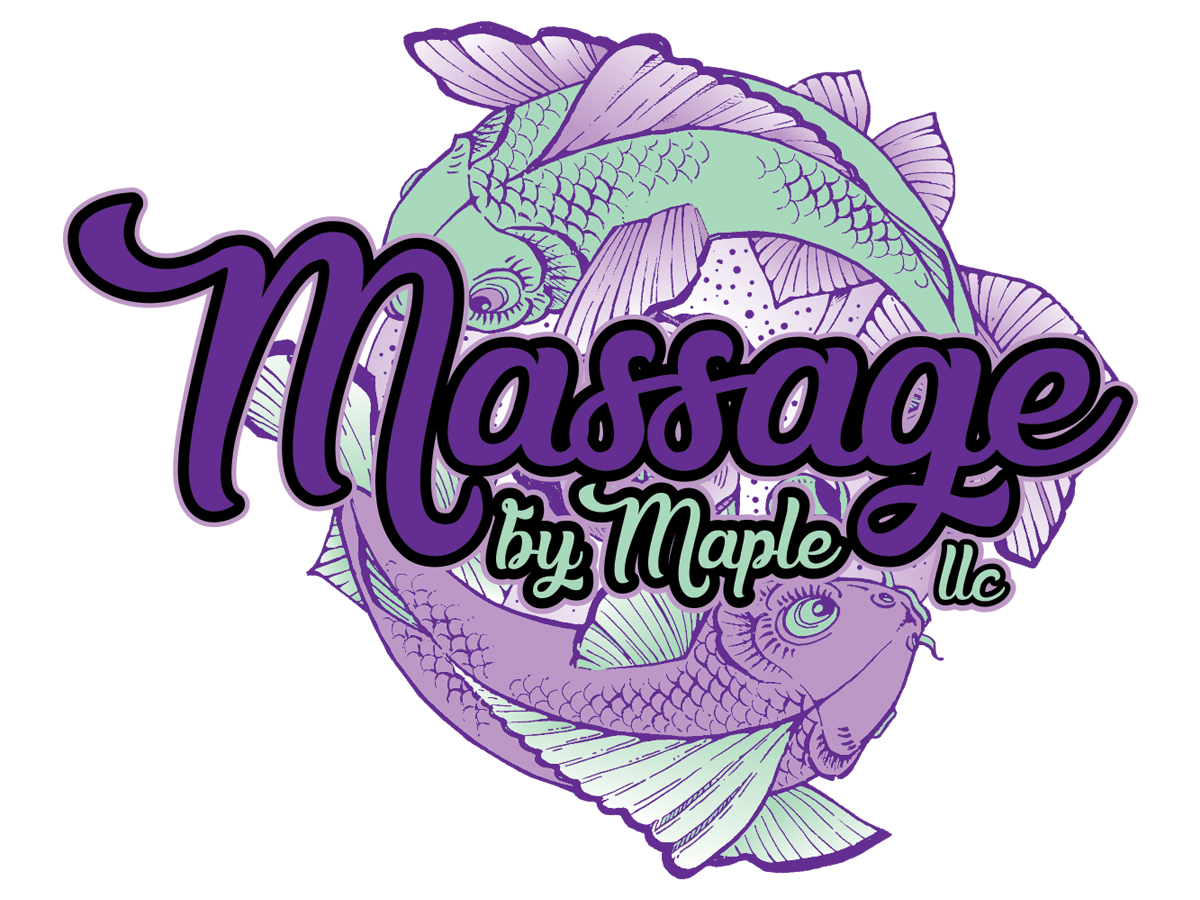
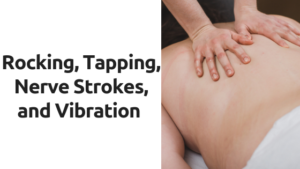
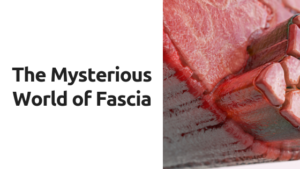

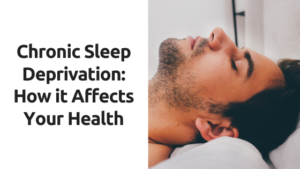
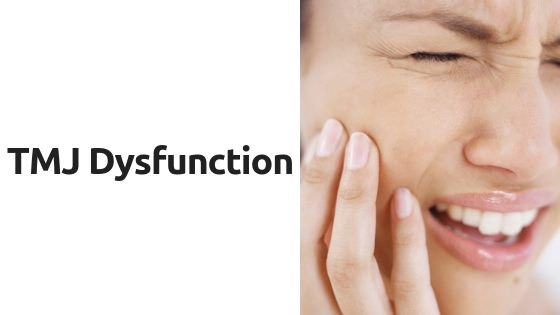
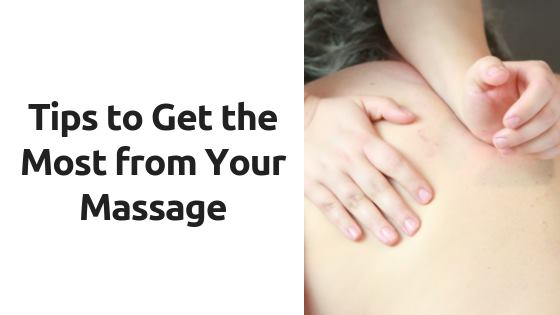 For many, massage therapy is considered a very important part of their health care; and as such, needs to be taken seriously. While a massage will surely feel amazing, there’s a few things you can do to make sure you’re getting the most benefit from those sessions.
For many, massage therapy is considered a very important part of their health care; and as such, needs to be taken seriously. While a massage will surely feel amazing, there’s a few things you can do to make sure you’re getting the most benefit from those sessions.